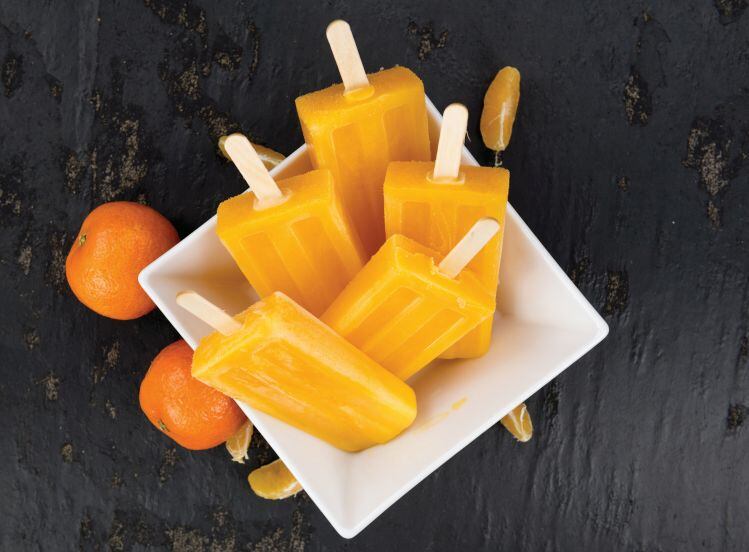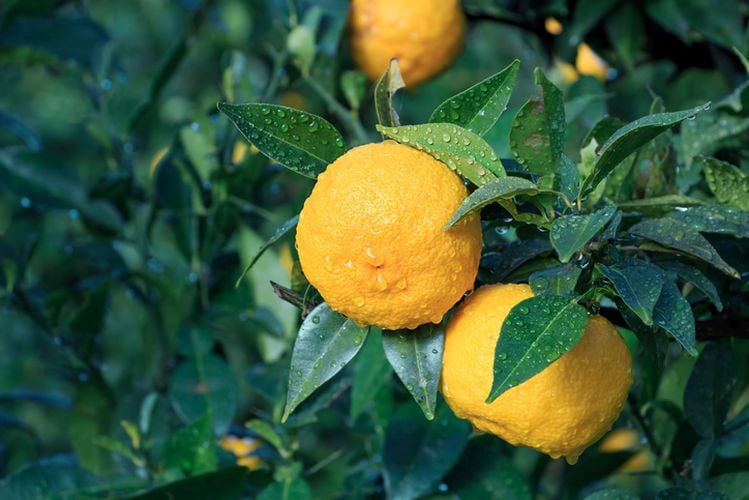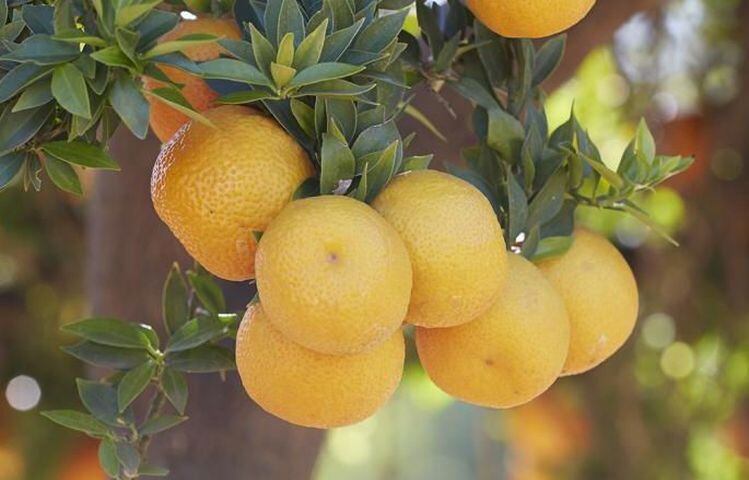“The flavors of Japan are often a source of flavor inspiration for product developers across the globe and continue to show strong market growth,” said Doug Resh, director commercial marketing, who said Mintel data showed a rise in the number of Japanese-inspired global product launches in recent years.
The Tokyo Olympics (postponed until summer 2021, with officials telling reporters this week they would do “whatever it takes” to make it happen) is also expected to raise awareness of Japanese food culture, flavors and cuisine, said Resh, who noted that consumers frustrated by their inability to travel could at least get a taste of other cultures, even if they can't experience them in person.
And while the rise in sales of legacy brands and comfort foods in the early weeks of the pandemic might suggest Americans are seeking more familiar products and flavor profiles, product developers T Hasegawa works with are often working on innovations that won't launch for months or even years, and are looking for more adventurous flavors that will entice consumers in years to come, said Resh.
"Some of our customers are looking 18-24 months out."
Elevated flavor profiles
As for the flavors in T Hasegawa’s new FEMA GRAS exotic citrus collection, some are new to the American palate, but others – notably yuzu (recently selected by flavors giant Firmenich as one of its two 'hero ingredients' for 2021 along with ginger) - are already featuring in packaged goods from candy, sauces, and vinegars to ready-to-drink beverages as well as restaurants, he said.
"We had all these amazing citrus flavors available in Japan [where T Hasegawa has its headquarters], and we went through them and looked at what taste profiles would work for the US market. We've had a lot of interest in beverages from hard seltzers to sparkling waters as well as dressings, sauces and confectionery."
While the aroma of the Japanese varieties is recognizably 'citrusy,' said Ibrahima Faye, senior flavor chemist. "They offer a characterizing aroma profile that clearly distinguishes them from the traditional fruits.”
Yuji Oda, chief flavor chemist, added: “Citrus that can be enjoyed for its sourness and aroma enables us to put unique accents on culinary areas, which could be other options than lemon and lime."
T Hasegawa’s new citrus collection is available in water-soluble, oil-soluble and powder form. As for the flavor profiles, “We wanted to make them with our own spin and more palatable for US consumers,” said T Hasegawa flavorist Victoria Dorkoski.
Yuzu – Versatile with sour, tart notes similar to grapefruit with a hint of mikan orange. Yuzu can flavor creams, dairy, pastries and other desserts, and add a tart taste to non-alcoholic beverages and alcoholic cocktails, said Holden Rouse, beverage applications technologist at T Hasegawa. “We have used yuzu most often in dressings, vinaigrettes, and also in frostings and yogurt preps."
Sudachi – Slightly spicy, sharp, with a tangy taste accented by bergamot notes. Ideal for soft drinks, sauces, soups, prepared meats, marinades and salad dressings.
Kabosu – Mild juiciness with a slight metallic note, an ideal replacement for lime in fish and meats. “I hope to see kabosu and sudachi on labels soon,” said Dorkoski. “Kabosu is ideal for tea beverages, however its mysterious savory note on the back of the tongue along with a hint of candy and green notes gives it an ideal home in sweet beverages with lemon or lime, and makes for a delicious addition to desserts.”
Mikan (satsuma) – Fresh, sweet with a juicy character, "ideal for the North American palate."
Shikuwasa – A rich citrus flavor with a sour taste that lends itself well to desserts, chips, sweets, juices, jams, dressings and alcoholic beverages.
Iyokan – Sweet and sour profile, can be used as an alternative to orange in confectionery and desserts. "Tastes like a sweet, smooth tangerine to most who sample it..."
Natsumikan – Slightly bitter, sour and juicy, works well in desserts and sparkling herbal beverages.
Hassaku – Characterized by crisp, fresh, floral and grapefruit-like notes. "The slightly sour tang of the orange comes through first, followed by the taste of grapefruit." Ideal for dressings, beverages, confections, jams and jellies.




